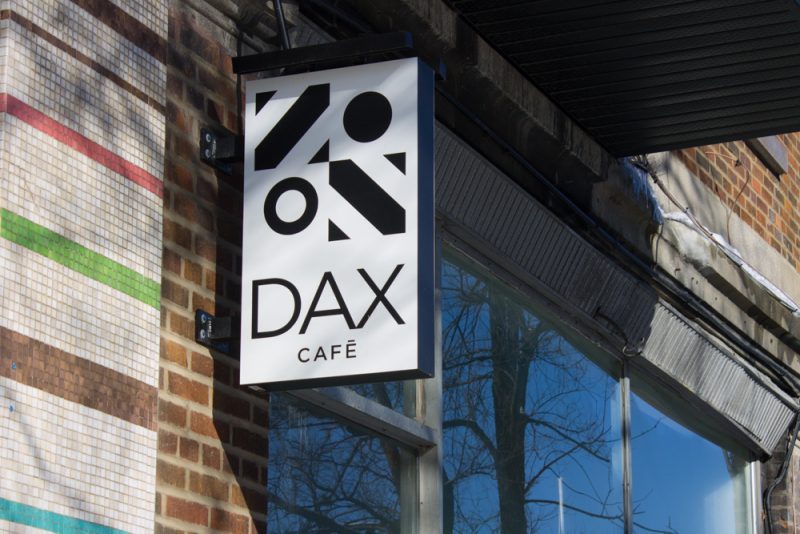My first real foray into the vast world of coffee came during my second semester of CEGEP. The school year was nearing its end and I desperately needed something to boost the dwindling morale that exam season had inflicted upon me. Enter: The stimulating effects of coffee.
Since then, coffee has become a staple of my morning routine and very rarely will I make it to lunch without a cup. My bean dependency soon led me to third-wave cafes, which took my fondness for coffee to new heights. These cafés had tremendous ambience and beverages created with care and of higher quality than what I was used to.
This third wave of coffee is grounded in the belief that coffee should be treated as an artisanal product akin to wine, deserving the same level of care and respect. The worldwide movement emphasizes the importance of knowledge and craftsmanship in the preparation of coffee and how they affect the way that we think of and enjoy each cup.
Through various methods of growing, cultivating, and roasting the coffee beans, as well as different means of preparing the beverage itself, third-wave coffee seeks to emphasize unique characteristics of various coffee beans and accentuate nuances in flavour. In short, the third wave’s entire raison d’être is to enjoy and appreciate coffee of higher quality.
The term “third-wave” was originally coined by coffee connoisseur Trish R Skeie in a 2003 newsletter for The Roaster’s Guild. In it, she writes: “The Third Wave is a reaction to those who want to automate and homogenize Specialty Coffee.” So, what then, were the first two waves?
The first wave is attributed to the commodification of coffee kicked off by the emergence of instant coffee in the 1960s. By all accounts, the coffee itself wasn’t particularly great, but it was now easily accessible and could be enjoyed in homes.
The second wave began around the 1970s and came alongside the popularization of cafés such as Starbucks, which improved upon the quality of coffee from the first wave. Alongside the preparation of the beverages, one of the major differences between second and third wave is the knowledge possessed by the baristas, who can generally tell you all there is to know about the coffee itself, including how and where the beans were cultivated.
I’ve only but scratched the surface of third-wave coffee. If you’re interested in learning more, I’d recommend checking out the th3rdwave mobile app, a hub for everything caffeinated.
Located in the heart of Outremont, Café Dax has quickly become a staple in the Montreal third-wave coffee scene. Its staff is incredibly welcoming and their passion for their craft is evident in the quality of their product. In the warm summer months, you can enjoy a delicious ice cream or popsicle while sitting outside on their sidewalk terrace. A definite must-try.
Hof Kelsten is a bakery that specializes in traditional Jewish and French pastries and bread. Although baked goods are their forte, their coffees need not be overlooked! Paired with one of their fresh croissants or chocolate danishes, it’s an absolute delight.
Café Orr has the unique distinction of being a cinema café, meaning that you can enjoy a free screening alongside your coffee. Its sizable menu, wonderful ambience and unique angle make Orr a standout in Montreal.
One of several St-Henri cafés across Montreal, this location near Villeray is undoubtedly my favourite. Its ample seating, lowkey and quiet atmosphere make it the ideal café for getting some work done or chatting it up with a friend. At the back of the café sits their coffee lab, where the curious can watch the beans being roasted on-site.
There is perhaps no better way to enjoy a book than with a coffee in hand, and Éclair is well aware of this. Éclair is a new café-library hybrid that opened in the Mile End last summer. Its
space is intimate and minimalist, making it the perfect setting to read a book and digest some stellar coffee.
Photos by Britanny Clarke
